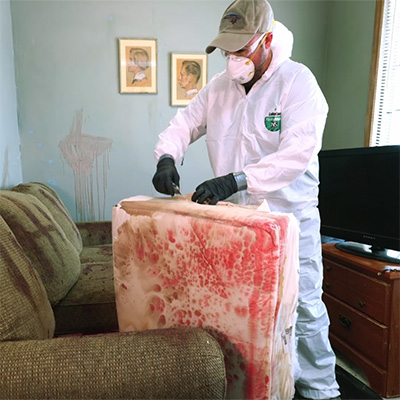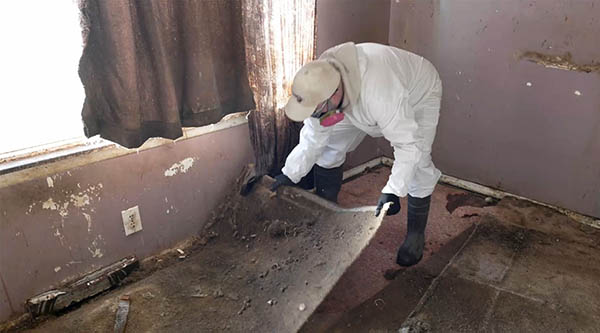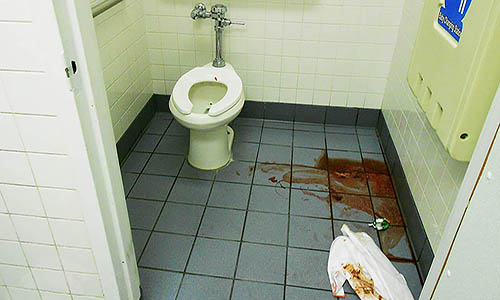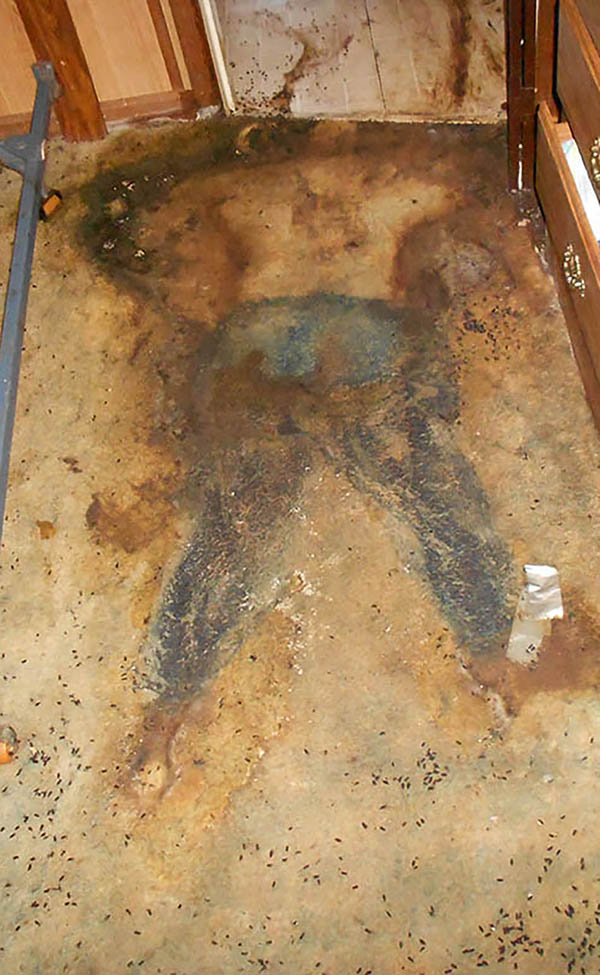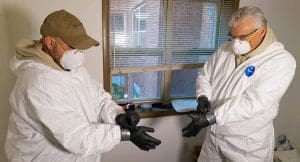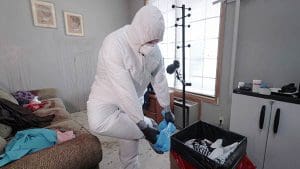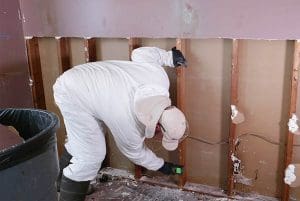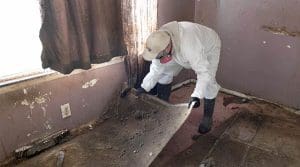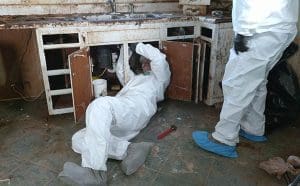Online Certified Crime Scene Cleanup Training Course
Bio-Trauma 911, Inc. has trained new biohazard remediation business owners and crime scene cleanup technicians since 2008. It’s a business and industry that we know and are extremely proficient at.
Through the years, we’ve been very fortunate to have received students from all parts of the world. Now considered friends, they have returned to Canada, Mexico, the Middle East, Africa and beyond to follow their dreams of small business ownership. With the instruction learned through our training course, each has found a measurable level of success.
For many years, we’ve been asked to create an online version of our crime scene cleanup training course. In the wake of the Covid virus and a shift to online learning and work from home jobs, we decided that the time was right to develop this idea. In late 2022, we launched our online crime scene cleanup course with instruction in biohazard remediation and hoarding cleanup. To learn more about this course, please visit Crime Scene Cleanup Training Course
What is Crime Scene Cleanup?
A crime scene cleanup company specializes in the meticulous and compassionate restoration of environments affected by traumatic events, such as homicides, suicides, unattended deaths, and accidents. Their trained professionals use specialized equipment and procedures to safely remove biohazards, blood, and other potentially infectious materials, ensuring the site is thoroughly disinfected and safe for occupancy. They adhere to strict health and safety regulations, offering services 24/7 to provide prompt assistance. In addition to technical expertise, these companies offer emotional support, understanding the sensitivity of their work and striving to alleviate the burden on those affected by the tragedy.
Why Should I Receive Training?
Crime scene cleanup training is crucial because it equips professionals with the skills and knowledge needed to handle biohazardous materials safely and effectively. This specialized training ensures that cleaners understand the proper use of personal protective equipment (PPE), the safe handling and disposal of hazardous waste, and the protocols for disinfecting contaminated areas. Proper training also helps prevent the spread of infectious diseases, protects the health of both the cleanup crew and the public, and ensures compliance with legal and regulatory standards. Ultimately, it enables professionals to restore environments safely and support the emotional recovery of those affected by traumatic events.
